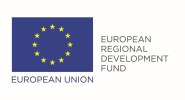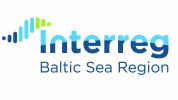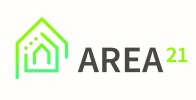Outputs of AREA 21 + action will first and foremost include demonstrated energy efficiency measures from the EIDs, as well as an Institutionalisation and Sustainability Framework for EIDs developed through a
transnational evaluation of the institutionalisation process. Cooperation in the EIDs will be stabilized and strengthened through the installation of EID Coordinators who will act as the primary link between different EID
stakeholders. Additionally, the EID Concept and ICT tools will be further communicated and disseminated.



Goal
AREA 21 + action is an extension to the AREA 21 Project (2017-2020). Within AREA 21 the concept of Energy Improvement Districts (EIDs) has been developed and EIDs have been created in several focus regions in the Baltic Sea Region. The energy actors in these areas, including the local and regional authorities, energy providers, building owners as well as citizens, have participated through the EIDs in a cooperative energy planning process. This resulted in the development of EID Strategies and Action Plans to support improved energy efficiency.
AREA 21 + action provides the frame in which first measures from selected EIDs can be implemented and the potential of the EID concept to contribute meaningfully to both integrated energy planning and emissions
reductions can be demonstrated. Partners will implement their first actions according to local context and thematic goals, as follows:
- Region Skåne, energy visualizations and use in major employment center at Helsingborg Hospital Area
- Kohtla-Järve, historical building renovation and energy consumption education for citizens
- Tampere, technical energy efficiency solutions and stimulants for building owners
- St. Petersburg, improved energy consumption and awareness of institutional users (students)
Project budget: € 812.630 (ERDF: € 613.030; ENI+Russia: € 199.600)
Funding source
Contact persons
kari.kallioharju [at] tuni.fi